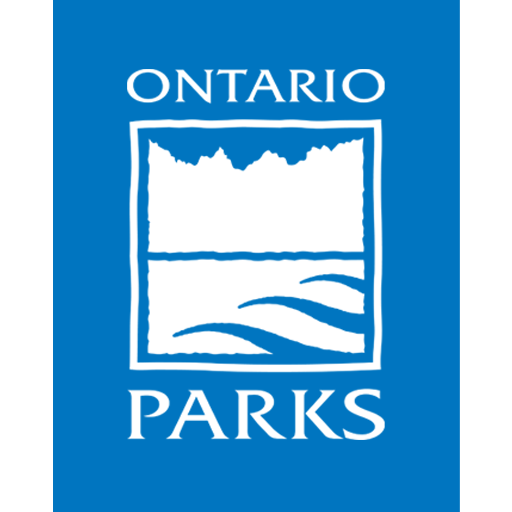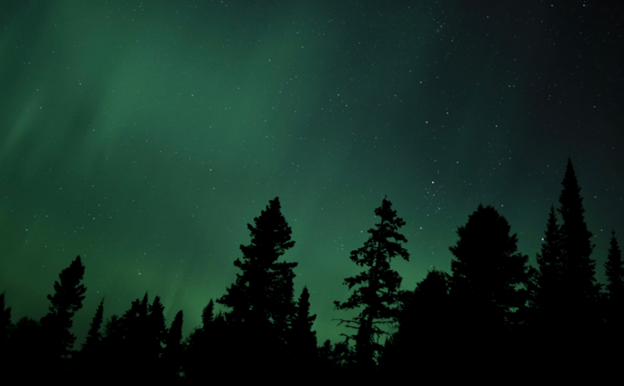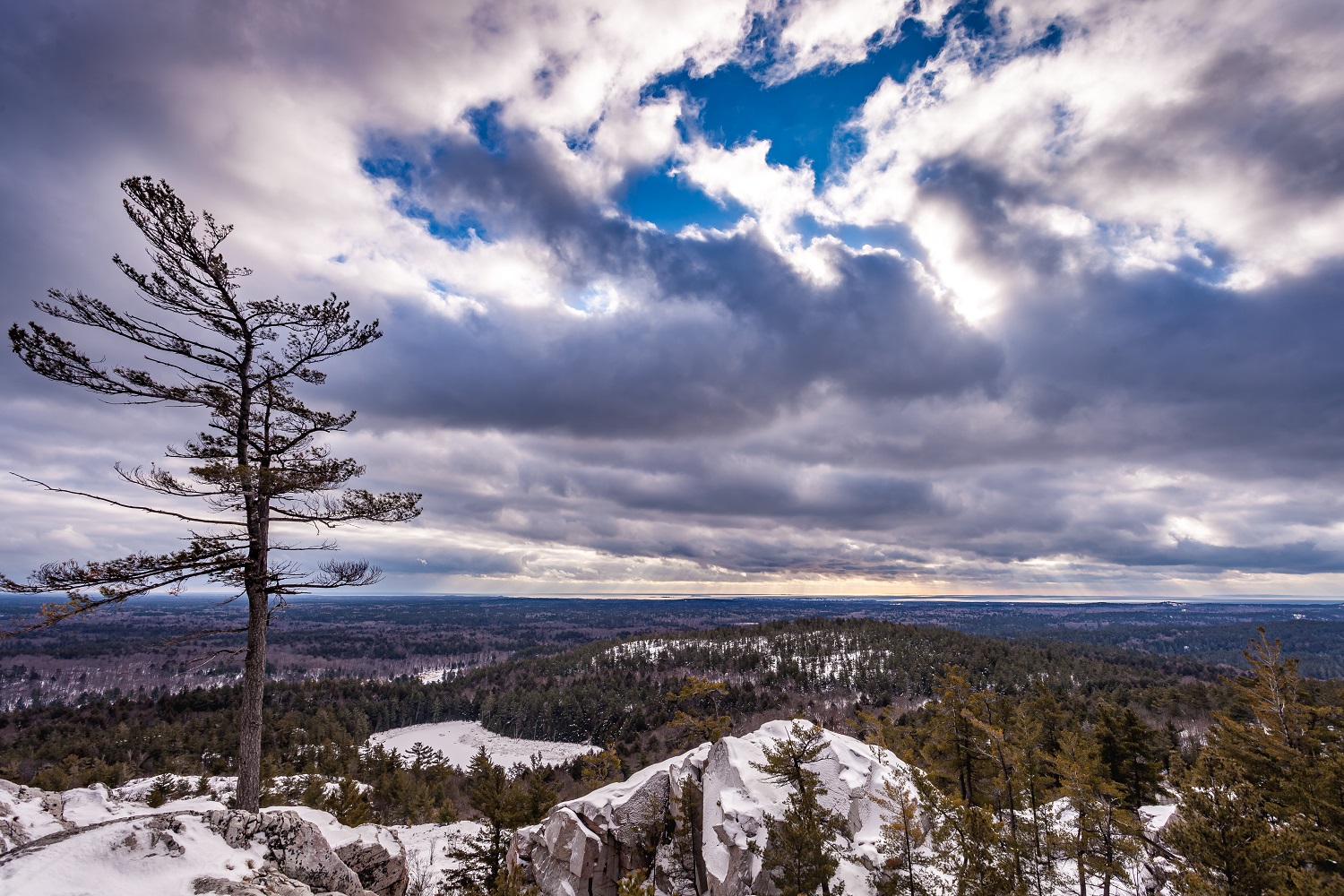We know our campers want to do everything they can to protect the parks they love.
Sometimes showers may be unavailable during your visit. Some parks do not offer showers, or they may be closed due to a facility outage.
If you need to get cleaned up during your trip without access to a shower, here’s what you need to know:
Can I just take a “shower” in the lake?
Absolutely not. Not with soap, shampoo, or any other chemical products, at least.
In fact, if you “shower” in the lake or any other waterbody/shoreline, you might face fines, and you risk critically damaging your favourite park.
Why can’t I wash up in a lake?
Shower products are not safe for our waterways.
Many soaps and detergents contain phosphates. Phosphates in soaps and detergents provide the “muscle” for cleaning, removing films, sweat, and grease.
While phosphates do occur naturally in the environment, they are refined for use in cleaning products. Certain types of algae and aquatic plants require naturally occurring phosphorus to grow, however too much of it can also present problems.
An increase in phosphorus levels has the potential to throw off the balance in the waterway resulting in increased algae and aquatic plants, which in turn can negatively impact wildlife and recreational activities.
Can’t I just use biodegradable soap?
Biodegradable soap is not safe to use in a lake or river.
These products cannot break down properly if they are washed directly into a waterway. The actual breakdown in the environment must take place in the soil.
Remember: biodegradable does not necessarily mean environmentally friendly. Even the “natural” elements left behind from biodegradable soaps and detergents are an additive to our ecosystems, and can upset their natural balance.
Many people depend on waterways as a source of drinking water, and biodegradable products have the potential to impact the safety of drinking water supplies.
Can I shower on my campsite? I bought a neat hanging shower?
Unfortunately, no.
Showering outdoors on your campsite (or anywhere else in the park) could leave you facing fines. Here are a few more reasons why showering on your campsite is a bad idea:
- soaps and other cleaning products are animal attractants. A shower isn’t worth a bear cruising by your campsite to borrow your conditioner
- a season of showers could also destroy campsites, leaving them a puddly, muddy mess
- damaging campsites or adding anything (even soapy water) to the ecosystem is against park regulations
And, of course, it’s all about protecting our ecosystems. Ecological integrity is Ontario Parks’ guiding principle.
So I can’t use the shower in my trailer?
If the shower is inside the trailer, and the water is collected in your tank, yes! Your holding tanks must be emptied at the trailer sanitation station.
If the shower is outside the trailer, no!
Can I have a sponge bath on my site?
It’s all about the soap. If you’re sponging off on your campsite, and soap — even biodegradable soap — gets on the ground, that’s not okay. If you’re just using a soap-free water to wet your washcloth, that’s just fine.
Make sure the water is disposed of properly: dump it carefully down a vault privy or dispose of it at a trailer dumping station (depending on your park), just like you would your dishwater.
It seems like there just isn’t a good option for getting clean without a shower during my camping trip! How can I stay clean?
If you don’t have access to a shower, jumping in the lake is a great alternative for rinsing off after a long day of hiking, cycling, or paddling, as long as you don’t use soap.
Scrub with just water and a washcloth to easily remove dirt and sweat.
Be a park protector!
As parks-lovers, it’s our job to keep our natural environment safe and do everything we can to protect it.
And don’t forget: where your actions may result in an adverse effect on the environment, you could be fined.
Officers will be patrolling the park to provide information and ensure that everyone is doing their part to protect the beauty and integrity of our provincial parks.


